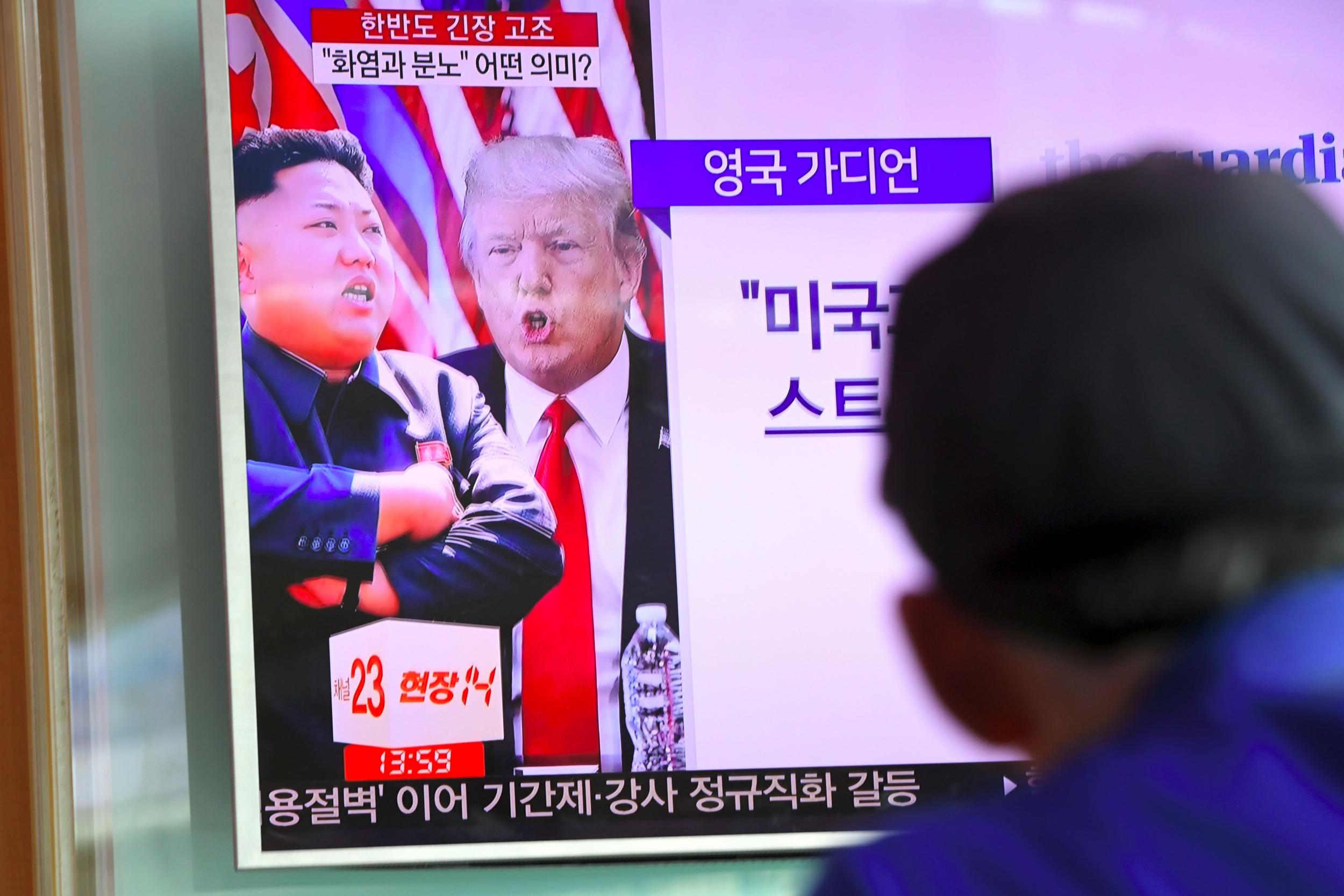UN Security Council passes toughest-ever sanctions against North Korea
Pyongyang had warned of 'pain and suffering' for the United States in the event of further sanctions

The United Nations Security Council has unanimously passed its toughest-ever sanctions package against North Korea over the country’s sixth and most powerful nuclear test earlier this month.
The council imposed a US-drafted ban on the country’s textile exports as well as capping imports of crude oil – but was forced to water down an initial tougher bill which called for a total oil ban for the state.
The draft was softened considerably to win the support of China – a North Korean ally – and Russia.
The US Ambassador to the UN, Nikki Haley, said: “This will cut deep. They give us a much better chance to halt the regime’s ability to fuel and finance its nuclear and missile programmes.”
The pariah state is already under UN sanctions in a bid to force leader Kim Jong-un to curtail his nuclear weapons programme, but the enhanced measures are designed to shrink the North Korean economy by £1.3bn annually.
Ms Haley insisted the US has no desire to overthrow the country – but compared the threat from North Korea’s nuclear ambitions to the 11 September attacks of 16 years ago.
“That day the United States saw that mass murder can come from a clear blue sky on a beautiful Tuesday morning.
“But today, the threat to the United States and the world is not coming out of the blue. The North Korean regime has demonstrated that it will not act on its own to end its nuclear program. The civilised world must do what the regime refuses to do. We must stop its march toward a nuclear arsenal with the ability to deliver it anywhere in the world.”
She added: “We are not looking for war. The North Korean regime has not passed the point of no return.”
Ahead of the UN vote, the North Korean government warned President Donald Trump it is prepared to respond with retaliation of its own.
“The DPRK is ready and willing to use any form of ultimate means,” a statement from the government of North Korea said, referring to the country by its acronym.
“The forthcoming measures to be taken by the DPRK will cause the US the greatest pain and suffering it [has[ ever gone through in its entire history.”
The fresh sanctions are said to have six main goals – to cap North Korea’s oil imports, ban textile exports, end additional overseas labour contracts, suppress smuggling efforts, stop joint ventures with other nations and sanction designated North Korean government entities, according to a US official.
It is the ninth occasion a sanctions resolution has unanimously been adopted by the 15-member council since 2006 over North Korea’s ballistic missile and nuclear programmes.
Textiles were North Korea’s second-biggest export after coal and other minerals in 2016, totaling $752m (£571m), according to data from the Korea Trade-Investment Promotion Agency. Nearly 80 percent of its textile exports went to China.
The resolution imposes a ban on natural gas, a cap of two million barrels a year on refined petroleum products, and a cap on crude oil exports to North Korea at current levels. Neighbouring China currently supplies most of North Korea’s crude oil.
A US official said North Korea imports around 4.5 million barrels of refined petroleum products annually and four million barrels of crude oil.
Reuters contributed to this report
Join our commenting forum
Join thought-provoking conversations, follow other Independent readers and see their replies
Comments
Bookmark popover
Removed from bookmarks